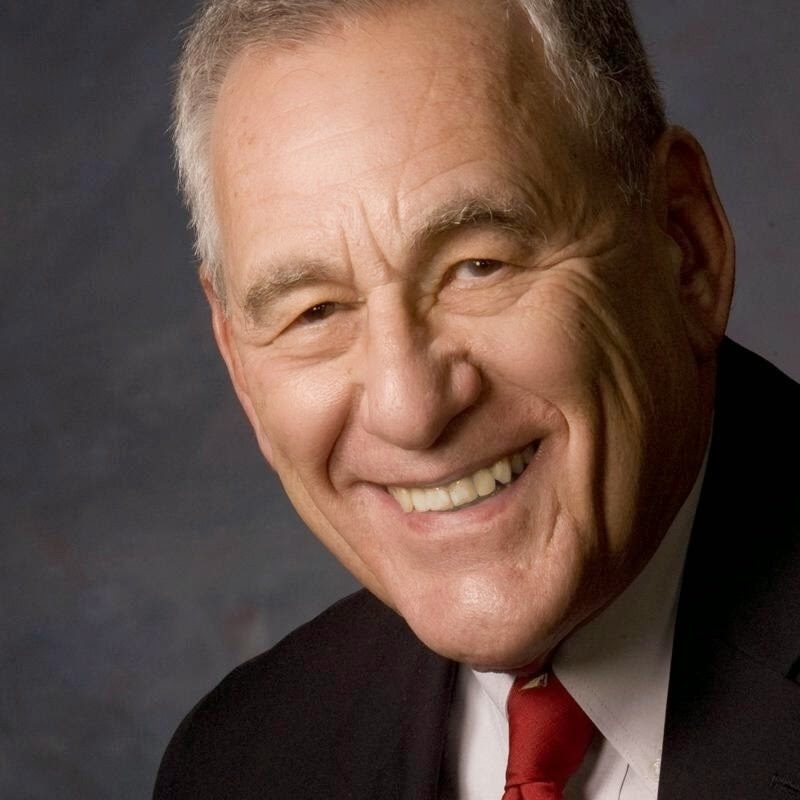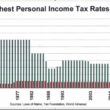Will being incumbents help President Barack Obama when he runs next year and Maine Gov. Paul LePage, should he seek re-election in 2014?
History suggests that Obama may get less from incumbency than LePage. The governor could benefit also from a three-way race, an unlikely event on the national level.
Political wisdom is that incumbency provides the officeholder with distinct advantages when it comes to running for a new term.
But this time, polling shows that Obama could have a tough time against a Republican candidate. LePage’s opponents point out that he won with only 38 percent of the vote and imply that makes him especially vulnerable next time around.
The recent and delicate balance between conservatives and liberals in the electorate appears to make the benefits of incumbency somewhat less reliable. But there have been similarly deep divisions in the body politic throughout history. Is the political advantage that is supposedly attached to the officeholder overrated?
HOW INCUMBENT GOVERNORS FARE IN MAINE
Is Gov. LePage, having been elected as a minority governor, in a particularly vulnerable position?
Through the early history of Maine, the term of office of the governor was only one year, and there was considerable turnover. In the first 61 years, Maine had 37 governors. One of the two longest-serving — lasting for four terms — was Joshua Chamberlain, the state’s Civil War hero.
From 1881 until 1963, Maine governors had two-year terms. The usual pattern was for the governor to serve two terms, and the governor was usually a Republican. The pattern was broken a half-dozen times when a Democrat succeeded in breaking through, sometimes as part of a Democratic victory at the national level.
The modern era of Maine politics began with the election of Democrat Edmund S. Muskie in 1954. A real two-party system took hold, one in which the election of a Democrat was no longer a rare event. From that point, incumbency was increasingly put to the test.
Republican John H. Reed, the first governor to have a four-year term, was defeated in 1966 when he sought re-election.
LePage is the seventh governor to serve since Reed, and five have been re-elected. The only exception among his six predecessors was independent James Longley, who had pledged to serve only one term.
Maine governors may serve no more than two consecutive four-year terms. In 1990, Democrat Joseph E. Brennan tried to make a comeback after a gap following two earlier terms, but failed by a narrow margin.
Recent history shows just how difficult it is to unseat a governor.
Security for incumbents results from the ability to gain election simply by having more votes than any other candidate – even if they fall far short of getting a majority. In only four of the 12 elections from 1966 through 2010 have candidates have been elected with a majority of the votes. Three of these were re-election campaigns.
Incumbents have a better chance of being re-elected when there are more than two candidates in the race. In every election for governor from 1986 until 2010, there have been three or four candidates.
If an independent runs in 2014, LePage should be helped. Incumbency, a multi-candidate race and the lack of need for a majority should work in his favor, just as it did for Democratic Gov. John E. Baldacci in 2006, who won re-election with 38 percent of the vote.
ARE PRESIDENTS ASSURED OF RE-ELECTION?
Obama faces what could turn out to be a tough campaign. Will he benefit from being the incumbent?
In American history, there have been 56 elections for president. In 27 of them, incumbents have sought re-election. Most succeeded – some 18 retained the office – but 9 failed. In some of the races where an incumbent did not seek reelection, their party had dropped them because it seemed clear they could not win.
That means that more than one-third of the time, the incumbent president lost. Given the ability of the president to favor his supporters and to use his “bully pulpit,” as President Theodore Roosevelt called it, the failure of so many to gain a second term is somewhat surprising.
The two most recent occasions when an incumbent was not re-elected were three-candidate races – the reverse of the Maine pattern. The losers were Democrat Jimmy Carter in 1980 and Republican George H.W. Bush in 1992.
In 2012, there is no sign of a third candidate. The threat to Obama appears now to come mainly from independent voters – who were key to his 2008 election – simply deciding to stay home and not vote. It is likely that independents, who get few political rewards, are less influenced by incumbency than are party faithful.




